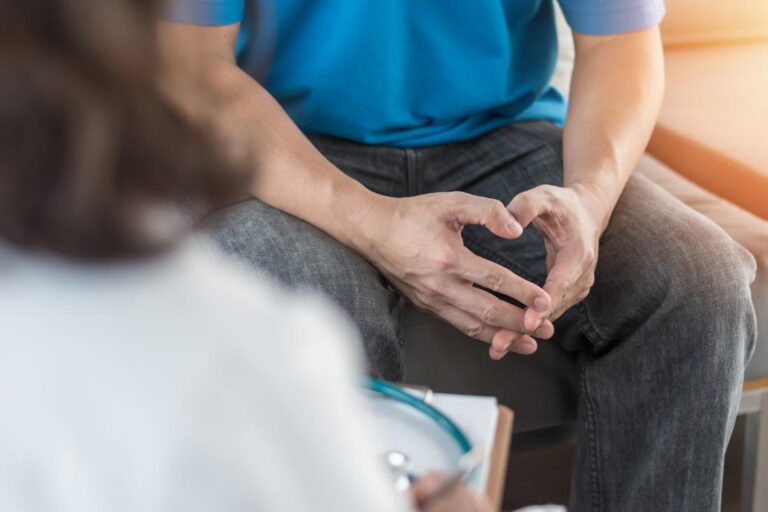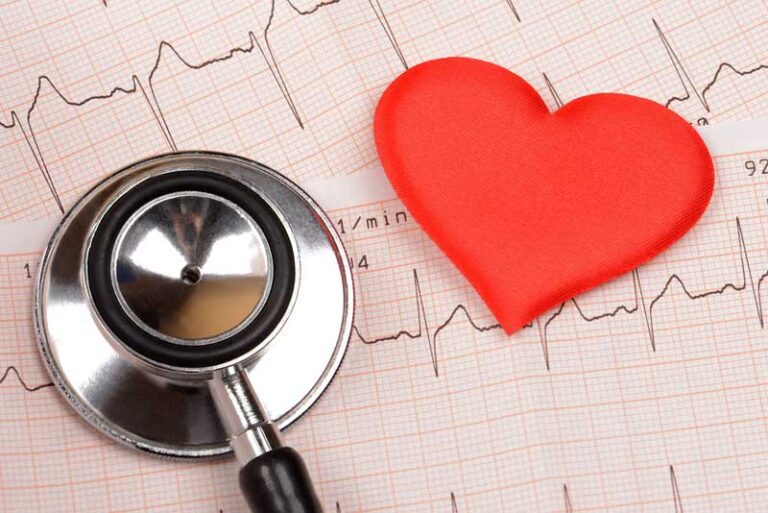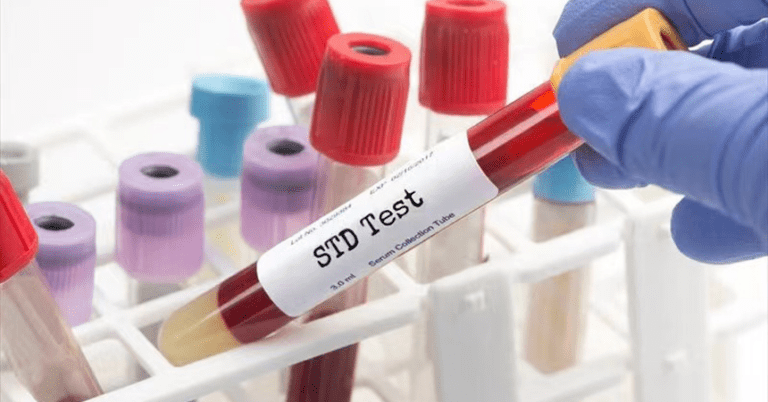why knowing Your HIV Status is Important: The Benefits of Early Detection
HIV (Human Immunodeficiency Virus) is a serious condition that can affect anyone, regardless of their age, gender, or sexual orientation. It attacks the immune system, making it harder for the body to fight off infections and diseases. Without proper treatment, Human Immunodeficiency Virus can lead to AIDS (Acquired Immunodeficiency Syndrome), which is a life-threatening condition.
The good news is that Human Immunodeficiency Virus is manageable with early detection and treatment. In fact, early detection is crucial for a person’s health and well-being. That’s why it’s important to get tested regularly, especially if you are sexually active or have a history of unprotected sex. In this blog post, we will discuss the benefits of early detection and where to get tested for HIV, including free HIV testing.
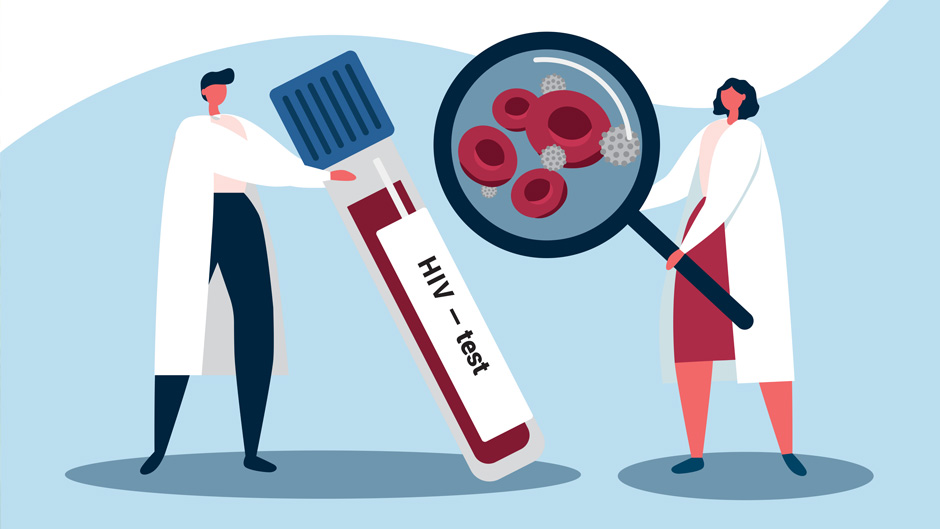
What Are the Early Signs and Symptoms of HIV?
Early detection of HIV is crucial because the sooner a person is aware of their status, the better the chances of managing the infection effectively. HIV can remain in the body for years without showing any noticeable symptoms, making it possible for someone to have the virus for a long time without knowing it. However, recognizing early signs can prompt timely HIV testing and treatment.
Some common early signs of HIV include persistent fatigue, fever, swollen lymph nodes, and unexplained weight loss. These symptoms often resemble other illnesses, which is why many people may not immediately suspect HIV. Additionally, some individuals experience skin rashes, mouth ulcers, or sore throats in the early stages. Men and women may notice differences in how symptoms present, but the underlying warning signs remain consistent.
Another early indicator is flu-like symptoms that appear two to four weeks after infection, often called acute retroviral syndrome (ARS). This can include headache, muscle aches, night sweats, and diarrhea. While these symptoms are temporary and may fade, they signal that the virus is active in the body.
It’s important to remember that some people may show no symptoms at all for years. This makes regular testing crucial, especially for those at higher risk. Understanding these early symptoms of HIV can help individuals take preventive action, seek medical advice, and avoid unknowingly transmitting the virus to others. If you notice any of these signs, consult a healthcare professional and consider getting an HIV test to confirm your status.
By recognizing early warning signs, individuals can access treatment sooner, reduce complications, and improve their quality of life. Early intervention not only benefits personal health but also plays a key role in preventing the spread of HIV within the community.
How to Know If You Have HIV or AIDS
Knowing your HIV status is essential for both personal health and public safety. HIV gradually weakens the immune system, and if left untreated, it can progress to AIDS, a more severe stage of infection. Many people wonder, “How do I know if I have HIV?” The truth is, symptoms alone are not enough to confirm infection, making testing the only reliable method.
Some individuals may ask, “Would you know if you had HIV?” because early signs can be subtle or mistaken for other illnesses. Persistent fatigue, fever, swollen lymph nodes, and recurring infections may indicate HIV, but these symptoms are not exclusive to the virus. Similarly, AIDS presents more severe symptoms, such as extreme weight loss, prolonged diarrhea, night sweats, and opportunistic infections like pneumonia or tuberculosis.
Testing is straightforward and widely available. Rapid HIV tests, blood tests, and home testing kits allow individuals to determine their status discreetly and quickly. Healthcare providers also offer guidance on follow-up testing and treatment options. For men, certain early symptoms might include genital sores or persistent urinary infections, but again, testing is the only conclusive way to confirm infection.
It’s also important to know that one can be HIV-positive for years without showing any symptoms, which is why regular screening is essential, especially after high-risk activities such as unprotected sex or sharing needles. Knowing your HIV status allows for timely treatment, significantly reducing the risk of progression to AIDS and improving overall health outcomes.
By getting tested and understanding the signs, you can take control of your health, protect your partners, and live a fulfilling life despite the diagnosis. Early awareness is key to managing HIV effectively and preventing serious complications.
Benefits of Early Detection
Early detection of the Human Immunodeficiency Virus has many benefits. Here are some of them:
- Treatment: Early HIV testing allows early treatment, which can help manage the virus and prevent it from progressing to AIDS. With proper treatment, people with HIV can live long and healthy lives. Antiretroviral therapy (ART) is the most common treatment for HIV. ART involves taking a combination of medications that suppress the virus and prevent it from damaging the immune system.
- Improved Health: People who know their HIV status can take steps to improve their health, such as making lifestyle changes and taking medications that can boost their immune system. For example, people with HIV can benefit from eating a healthy diet, exercising regularly, quitting smoking, and reducing alcohol consumption. They can also take medications to prevent or treat other infections and illnesses that may be more common in people with HIV.
- Preventing Transmission: People who know they have HIV can take steps to prevent transmission to others. They can use condoms during sex, take antiretroviral medications, and avoid sharing needles. HIV-positive pregnant women can also take medications to prevent mother-to-child transmission.
- Peace of Mind: Knowing your HIV status can give you peace of mind and reduce anxiety. It can also help you make informed decisions about your sexual health. For example, if you know you have HIV, you can choose to have sex only with partners who are also HIV-positive or who are aware of the risks and take appropriate precautions.
- Improved Quality of Life: Early HIV detection can improve the quality of life for people with HIV. By starting treatment early, people with HIV can avoid serious illnesses and complications that can affect their quality of life. They can also stay healthier and more productive, which can have a positive impact on their personal and professional lives.
When and How to Get Tested for HIV
Regular HIV testing is a cornerstone of personal health and safety. But many people wonder, “When should I get tested for HIV?” The answer depends on risk factors, exposure, and overall health. Testing is recommended for everyone at least once in their lifetime, with more frequent testing for individuals with high-risk behaviors.
High-risk situations include unprotected sex, sharing needles, or exposure to bodily fluids. Testing may also be required before surgery or certain medical procedures to ensure safety. Rapid HIV tests provide results within minutes, while standard blood tests offer highly accurate confirmation. Home testing kits are also available, providing privacy and convenience.
Early HIV testing allows for timely treatment, which can prevent the virus from weakening the immune system. Many healthcare providers encourage testing immediately after a possible exposure, followed by repeat tests to account for the window period—the time between exposure and when the virus becomes detectable.
Knowing your status is empowering. When you ask, “Do you get tested for HIV before surgery?” it highlights the importance of medical protocols that protect both patients and healthcare workers. Beyond individual safety, regular testing is vital for public health, as it reduces undiagnosed cases and prevents further transmission.
After testing, healthcare providers will guide you on the next steps, whether it’s beginning ART for positive results or maintaining preventive measures if negative. Regular testing fosters a culture of awareness, responsibility, and community safety.
Common Questions About HIV Testing and Prevention
Many people have questions about HIV, from its symptoms to testing and prevention. One common query is, “Can you have HIV for 20 years and not know?” The answer is yes—HIV can remain asymptomatic for years, which underscores the importance of regular testing. Without testing, individuals may unknowingly transmit the virus to others.
Preventive strategies include safe sex practices, such as consistent condom use, and avoiding the sharing of needles. Early detection significantly enhances prevention efforts. People who know their status can take precautions, start treatment, and reduce transmission risks. Questions like “Can HIV be prevented if caught early?” are answered affirmatively; early treatment not only preserves health but also lowers infectiousness.
Other common questions involve distinguishing HIV from other conditions like hepatitis. While both are viral infections, HIV primarily targets the immune system, whereas hepatitis affects the liver. Understanding differences helps guide appropriate testing and treatment.
Knowing how to identify HIV-positive individuals is challenging because outward symptoms may not be visible. The best approach is routine testing rather than relying on assumptions. Questions like “How to know if someone is HIV positive?” should be answered with the emphasis on testing, confidentiality, and informed consent.
Answering these FAQs empowers individuals to take control of their health, encourages community awareness, and reduces stigma. Accessing reliable information about HIV testing and prevention is as crucial as medical care itself.
Where to Get Tested for HIV?
Getting tested is easy and confidential. There are many places where you can get tested for HIV, including healthcare HIV clinics, hospitals, and community health centers. Here are some options:
- Healthcare Clinics: Most healthcare clinics offer HIV testing. You can make an appointment with your primary care physician or visit a walk-in clinic.
- Hospitals: Many hospitals offer testing as part of their routine health services. You can check with your local hospital to see if they offer the test.
- Community Health Centers: Community health centers offer a variety of health services, including testing. They often offer free or low-cost services to people who cannot afford them.
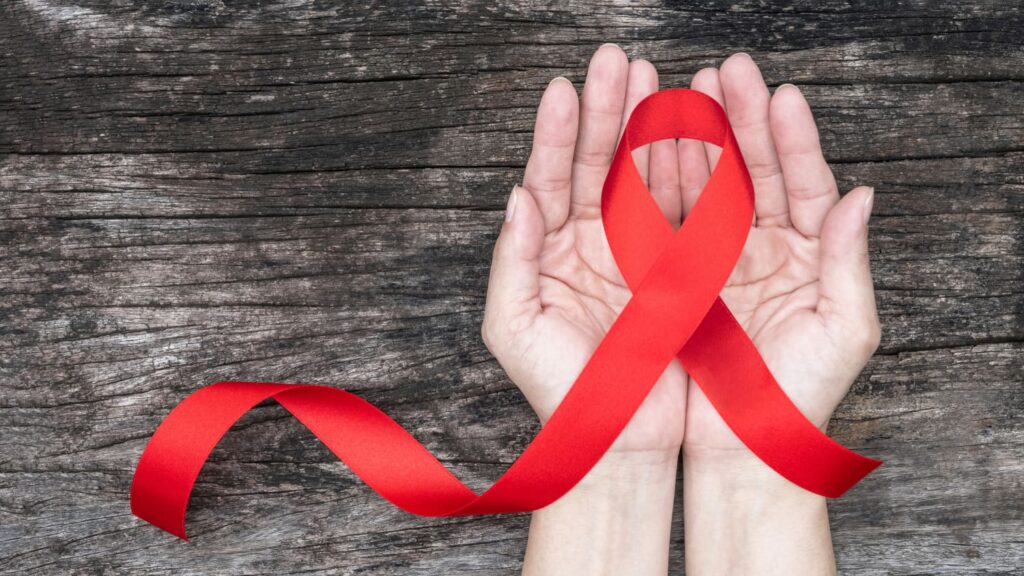
There are many places where you can get free HIV testing. Here are some options:
- Local Health Departments: Many local health departments offer free testing. You can check with your local health department to see if they offer testing.
- Community-Based Organizations: Many community-based organizations offer free HIV testing as part of their health services. You can check with local organizations to see if they offer to test.
- National HIV Testing Day: Every year, on June 27th, National HIV Testing Day is observed in the United States. Many organizations offer free testing on this day.
- Online Testing: Some websites offer free or low-cost testing that can be done at home. However, it is important to note that not all online testing services are reliable or accurate. Make sure to research the website and service before using it.
Getting tested is an important part of maintaining your sexual health. Early detection is crucial for managing the virus and preventing it from progressing to AIDS. There are many places where you can have free HIV testing in Jacksonville, including healthcare clinics, hospitals, and community health centers. Many of these places offer free or low-cost testing, making it easy and accessible for everyone to get tested. Remember, getting tested is not just for your own health but also for the health of those around you. By knowing your HIV status, you can take steps to prevent transmission to others and protect the health of your sexual partners.
It’s important to remember that getting tested is confidential. Your test results will be kept private and will not be shared with anyone without your permission. Many HIV clinics also offer counseling and support services for people who test positive for Human Immunodeficiency Virus.
Frequently Asked Questions (FAQs)
1. Can you have HIV for years without knowing it?
Yes, it is possible to have HIV for many years without showing any symptoms. Some people may live with the virus for 10–20 years without realizing it. This is why early detection of HIV through regular testing is so important, even if you feel healthy.
2. What are the first symptoms of HIV?
The first symptoms of HIV can include fever, fatigue, swollen lymph nodes, sore throat, and rash. These symptoms often appear 2–4 weeks after infection and are sometimes mistaken for the flu. Recognizing these early signs of HIV can prompt testing and early treatment.
3. How do I know if I have HIV or AIDS?
The only way to confirm if you have HIV is through testing. Symptoms alone are not enough, as HIV can remain asymptomatic for years. AIDS occurs in the later stages of untreated HIV and is characterized by severe immune system damage. Early testing ensures timely treatment and prevents progression.
4. How can I test for HIV at home or in a clinic?
HIV testing is available in multiple ways: rapid tests at clinics, standard blood tests, and confidential home test kits. Home testing allows privacy, but positive results should always be confirmed at a healthcare facility. Knowing your status is crucial for preventing HIV transmission.
5. What are the benefits of knowing your HIV status?
Knowing your HIV status allows you to start treatment early, maintain a healthy immune system, reduce the risk of transmission, and live a longer, healthier life. Regular testing also supports public health by identifying cases early, preventing further spread, and reducing stigma.
Conclusion
Knowing your HIV status is important for your health and the health of those around you. Early detection allows for early treatment, which can help manage the virus and prevent it from progressing to AIDS. There are many places where you can get tested, including free testing options. Don’t let fear or stigma prevent you from getting tested. Taking the step to get tested with Hope Across The Globe is a brave and responsible decision that can improve your health and well-being.
Related Tag: STD Testing in Jacksonville

